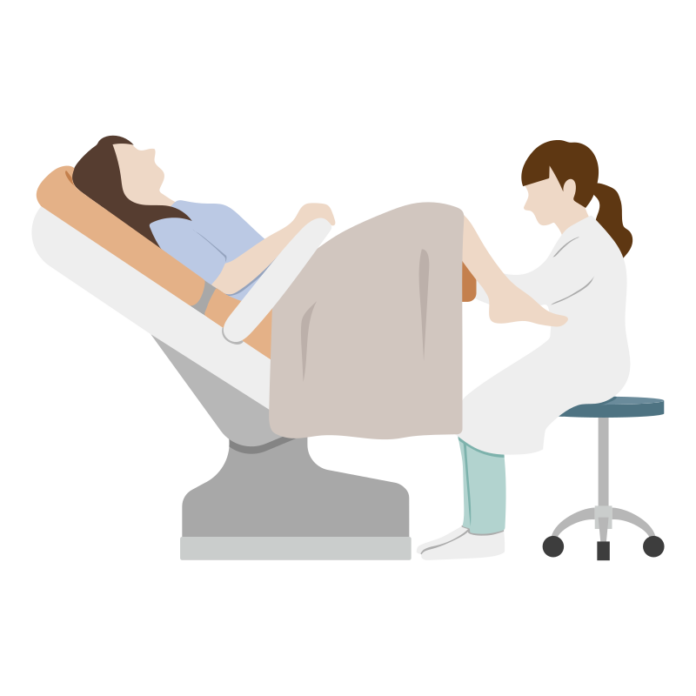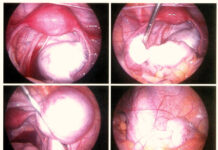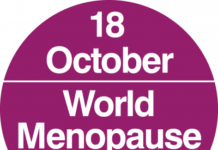
This week is Cervical Cancer Prevention Week. Today, there are still around 3,197 cases of cervical cancer each year and it is the 14th most common cancer for women. However, around 99.8% of cases of cervical cancer are preventable, if spotted and treated within a reasonable time frame. Simpson Millar are urging women to make use of cervical screenings after finding that 6,000 people waited more than four weeks for cancer treatment in April.
The NHS gives cervical screening (or smear tests) every three years to spot cancerous cells. In the event of a referral for further treatment, Simpson Millar’s medical negligence lawyers found that cancer treatment times are still of a large concern to to women that are awaiting a cervical screening.
6,000 Brits waited four weeks or more for cancer treatment in April 2024
According to data from the House of Commons Library, 600,000 women are waiting for treatment for cancer. Of that figure, 38,000 have been waiting more than a year.
The NHS advises that results from cervical screenings should come through within two to six weeks, and even sooner if waiting for results from an urgent referral. In these cases, you will likely be asked for follow-up tests. Further to that, in the UK, 73.5% of people were informed of a cancer diagnosis – or told that cancer was excluded – within four weeks of an urgent referral. However, the stats also reveal that 26.5% did not receive their diagnosis within four weeks of an urgent referral. This has reduced from 77.3% in March 2024 receiving their diagnosis within four weeks.
In April, that meant that there were 6,000 times when people with cancer had to wait more than a month for the treatment they needed.
3 in 10 women are not attending cervical screening appointments
The problem with cancer wait times is only further exaggerated by a hesitation amongst women for attending cervical screening tests. Simpson Millar analysed data that showed nearly 3 in 10 women do not take up the screening test offer. 42% of people surveyed who were invited for a cervical smear test stated ’embarrassment’ as a reason for not attending. For many taking their first smear test, it can be particularly daunting.
In data released early this year, 14% stated it took two or more days to contact their GP. A further 10% said they could not contact their GP practice. These delays in gaining access to appointments could also exacerbate emotions when attempting to book a cervical screening, as can the wait times for diagnosis and treatments after a referral.
Dangers of getting a late or incorrect diagnosis of cervical cancer
are not happened, their client’s wife would not have developed invasive cervical cancer and passed away when she did. The case was taken on against both the GP and the hospital she had been referred to and, following mediation with the NHS, a settlement of £300,000 was agreed as compensation. The NHS Trust also offered to write a formal apology to our client, which reassured him that it had learned lessons from what had happened to his wife.
Issues regarding cervical smear tests that can lead to further complications for cervical cancer treatment includes:
● GPs failing to conduct a thorough examination when presented with patients showing symptoms of cervical cancer
● Not referring patients to specialists when symptoms appear or delays to diagnosis
● Any mistakes made during the cervical smear test that affects correct diagnosis
● Test results being misinterpreted
● Symptoms mistaken for another condition, leading to the wrong treatment or delays in the correct treatment
###
Credit: Simpson Millar’s research medical negligence hub https://www.simpsonmillar.co.uk/medical-negligence-solicitors/
Help keep news FREE for our readers
Supporting your local community newspaper/online news outlet is crucial now more than ever. If you believe in independent journalism, then consider making a valuable contribution by making a one-time or monthly donation. We operate in rural areas where providing unbiased news can be challenging. Read More About Supporting The West Wales Chronicle
























